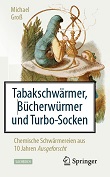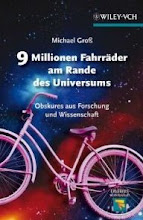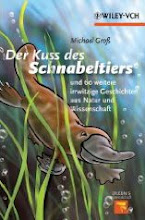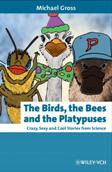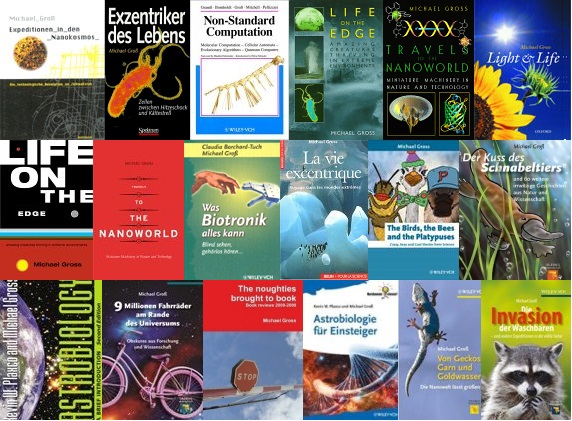review of
Niko's Nature
by Hans Kruuk
Oxford University Press 2003
Together with his German colleague, friend, and fellow Nobel laureate Konrad Lorenz, Niko Tinbergen counts as a founding father of the science of animal behaviour, ethology. The most remarkable thing about his scientific legacy is how simple and elegant his experiments were, and yet they often revealed something profound about why animals behave the way they do.
Tinbergen would use felt pens to paint spots on stickleback fish that use this kind of colour stimulus in mating, move landmarks that he thought wasps might use to find their nests, and paint birds’ eggs in different colours. These experiments, which often gave the impression of originating from the mind of a mischievous child, answered many important questions on how animal instincts work.
Given the nature of his science, which is relatively easy to grasp even for the completely uninitiated, it is not surprising that he also wrote books for children and grown-up lay readers. This may or may not have some connection to the fact that two of his co-workers from his post-war years at Oxford’s zoology department went on to become highly successful popular science authors in their distinct ways: Desmond Morris and Richard Dawkins.
Hans Kruuk, also a former PhD student from the Tinbergen lab (and an early observer of the famous badgers of Wytham Woods) has written a highly readable account of the intertwined life and science of “the Maestro” as his co-workers used to call him. There are only moderate amounts of war-time drama in an otherwise settled and stable life, but the unusually accessible nature of Tinbergen’s research means that this biography is a rare opportunity for non-scientists to understand how a scientific mind works.
PS I should have reviewed this book 5 years ago when I read it. I’m somewhat disappointed to see that OUP still hasn’t reissued it as a paperback, which doesn’t bode well for the sales.

PS (10.4.2019): The Nobel foundation featured the Tinbergen brothers on the occasion of siblings day, yesterday, linking to
this article about them by an economist. Which reminded me of a very interesting letter to the Guardian written in 2013 by Niko's son Dirk Tinbergen, remembering post-war food shortages:
"Helen Keats's story of roof rabbits (Letters, 12 February) reminds me of my father and uncle debating whether it was worth "investing" breadcrumbs to try to catch sparrows for the pot."
It is an example of the family trait that Hans Kruuk refers to as "pathological modesty" in his biography - the letter writer forgot to mention the hilarious fact that both participants in the sparrow-catching discussion went on to win Nobel prizes in fields related to the subject.









